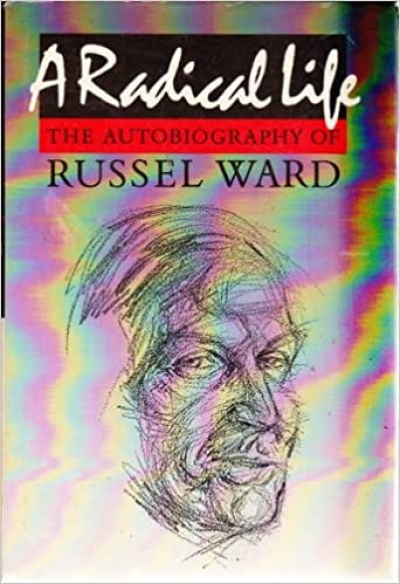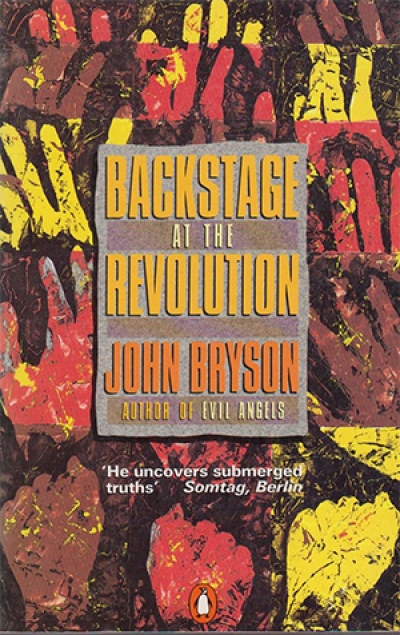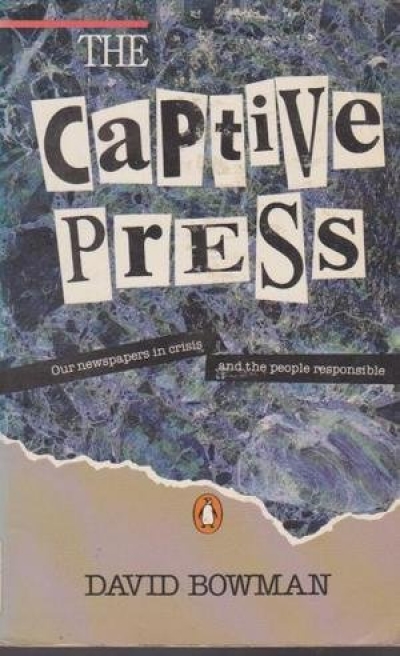Archive
The presence of the Irish ambassador and the muscatel was accounted for by the first theme of the week, which was that of W.B. Yeats and his influence. It is not surprising that a great many Celtic accents could be heard off stage as well as on. Indeed, the previous night saw a private dinner held by the W.B. Yeats Society of W.A. (one of only four Yeats societies in the world) whose only club rule seemed to be that some of Yeats’s poems should be read and suitably appreciated.
... (read more)A Radical Life: The autobiography of Russel Ward by Russel Ward
A slightly unconventional 1950s upbringing – I was nourished on Russia’s virtues as well as Weeties – may be responsible for my inability to believe in that pandemic, the tall poppy syndrome; instead I’ve always seen the naming of it as just one more jaunt down that jingoistic path which supposedly leads to the discovery of a definition of Australian identity – surely one of the dreariest literary pursuits known to person. But having popped my head up over the parapet a few times in the last few weeks, and having attracted an absolute fusillade of complaint, I was thinking seriously about changing my tune.
... (read more)







